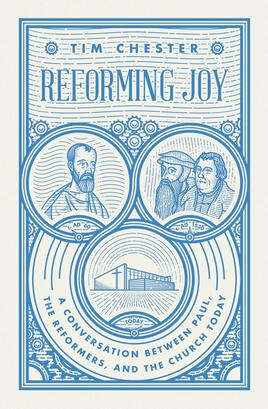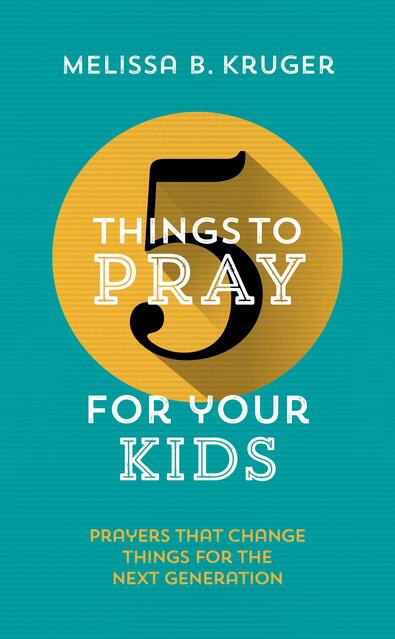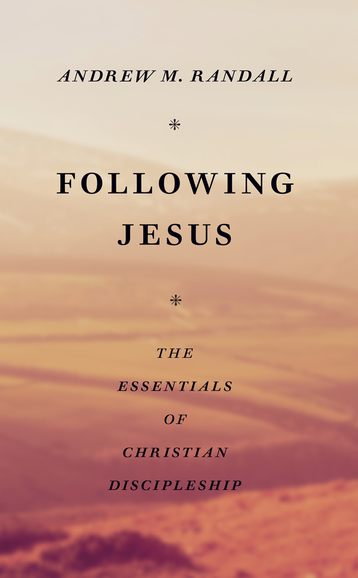Categories
All
Advent
Bible Reading
Biblical Worldview
Black Friday
Black HIstory Month
Book Reviews
Busyness
Christian Living
Christmas
Devotional
Devotional Life
Exodus
Meditation
#minutemondays
New Year
Prayer
Productivity
Reading
Reformed Theology
Sanctification
Social Issues
Spiritual Disciplines
Archives
June 2023
May 2023
January 2023
April 2022
February 2022
January 2022
December 2021
November 2021
August 2021
June 2021
April 2021
March 2021
February 2021
January 2021
December 2020
November 2020
September 2020
August 2020
July 2020
June 2020
May 2020
April 2020
March 2020
February 2020
January 2020
December 2019
November 2019
October 2019
September 2019
August 2019
June 2019
May 2019
April 2019
March 2019
February 2019
January 2019
December 2018
November 2017








